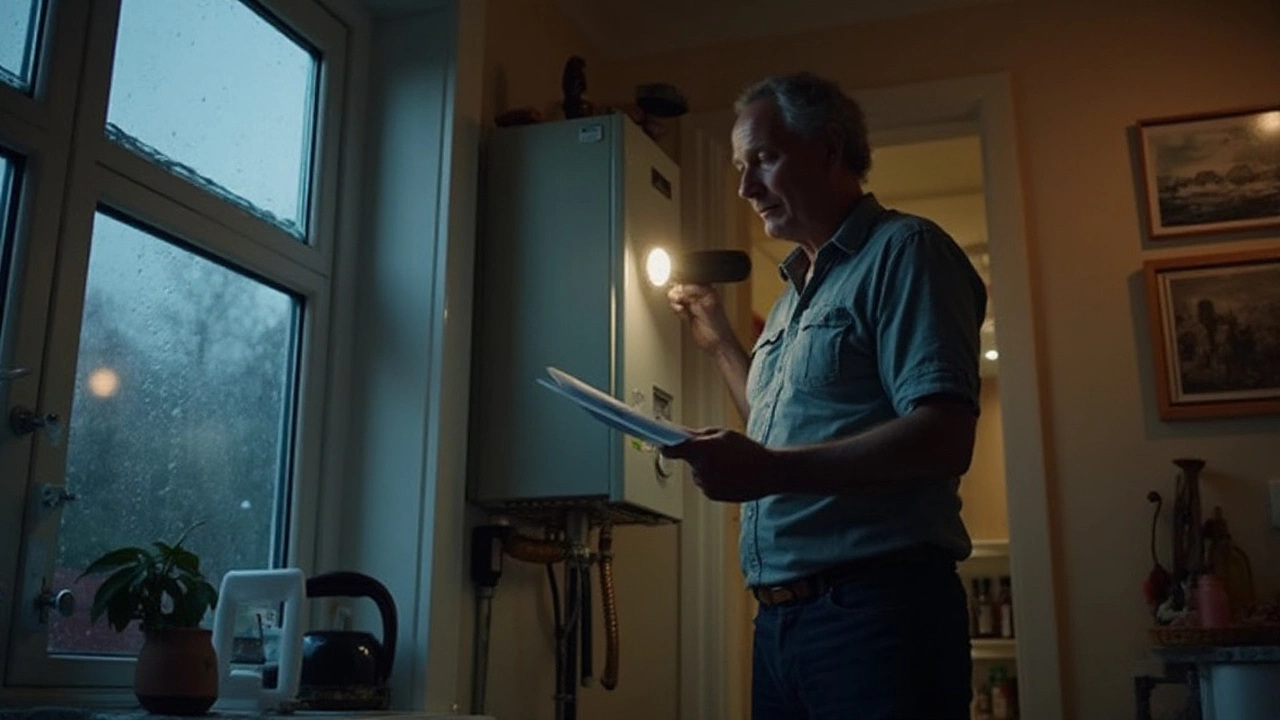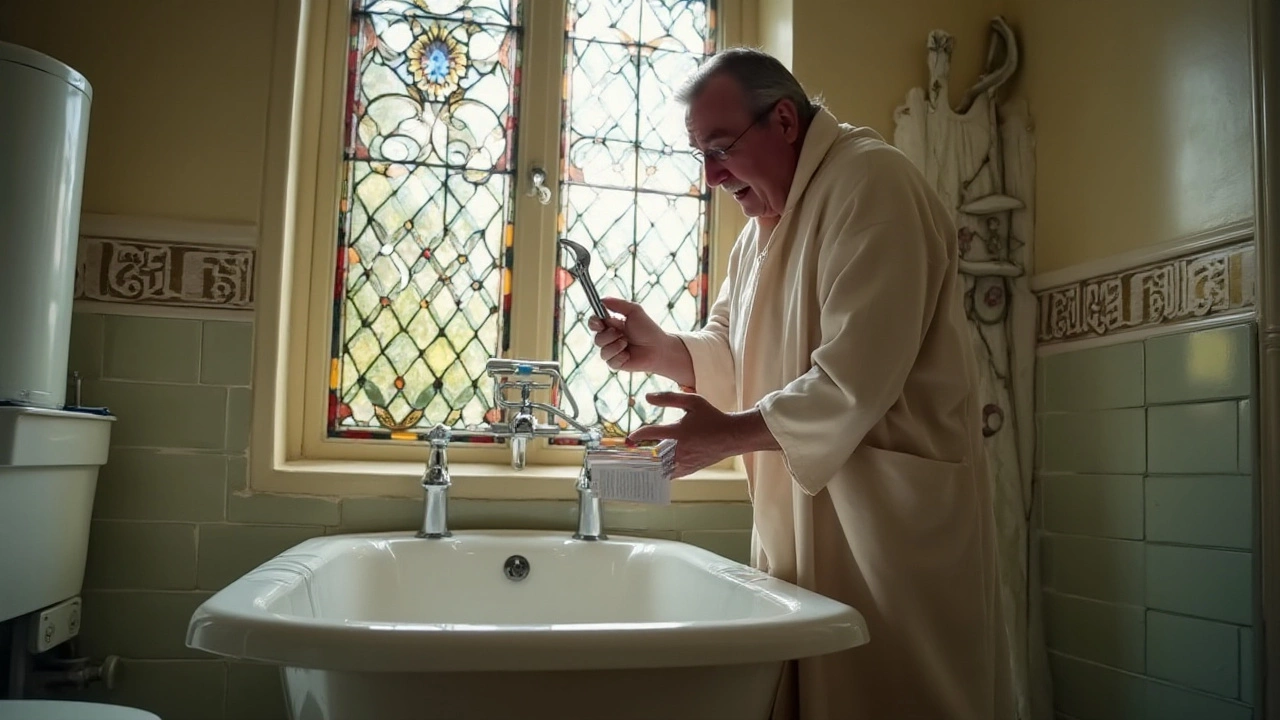Water Heater Guide – Fixes, Maintenance Tips & Lifespan Advice
Cold showers because your water heater keeps quitting on you? You’re not alone. Most homes face at least one water‑heater hiccup every few years. The good news is you don’t need a plumber for every little glitch. In this guide we’ll point out the most common problems, show you easy DIY checks, and give you a few habits that add years to your tank.
Common Water Heater Issues
First off, know what usually breaks. The heating element is the most frequent culprit – it wears out, gets coated with mineral buildup, and stops heating. If you hear a buzzing sound or notice lukewarm water, that’s a strong clue. Next up is the thermostat. When it’s set too high or fails, the water can get scalding hot or stay tepid. A leaky tank is also common; look for water pooling around the base or a damp spot on the ceiling below.
Another sneaky problem is a bad anode rod. This sacrificial metal piece stops the tank from rusting. When it’s depleted, the inside of the tank corrodes quickly, leading to leaks and loss of efficiency. Finally, sediment buildup from hard water forms a crust at the bottom of the tank. That crust makes the heater work harder, uses more energy, and can eventually overheat the element.
How to Keep Your Water Heater Working Longer
Now that you know the usual suspects, let’s talk prevention. Flush the tank once a year – just turn off power or gas, attach a garden hose to the drain valve, and let the water run out. This clears most of the sediment. While you’re at it, check the anode rod. If it’s more than half corroded, replace it. It’s a cheap part and a big time‑saver.
Set the thermostat to 120°F (49°C). It’s hot enough for showers, saves energy, and reduces the chance of the element burning out. Keep an eye on the temperature‑pressure (T&P) valve; it should release water if pressure gets too high. A quick test is to lift the lever; water should gush out briefly. If it sticks, replace the valve.
Don’t ignore strange noises. Popping or rumbling usually means sediment is heating too fast. A quick flush often fixes the noise. If you notice a rusty smell, that’s a sign of tank corrosion – consider a professional inspection or replacement.
When you do need a repair, start with the simplest fix. A loose heating element connection can be tightened with a screwdriver. A blown fuse or tripped breaker can be reset in the home’s electrical panel. If those steps don’t help, it’s time to call a qualified technician – especially for gas‑fired units where safety is critical.
Following these steps can add 5‑10 years to the life of most water heaters. That means fewer emergencies, lower bills, and more hot water when you need it. Keep a small maintenance schedule, flush annually, check the anode, and stay on top of thermostat settings. Your water heater will thank you with steady, reliable heat.

Troubleshooting Your Water Heater: First Checks for No Hot Water
Experiencing a sudden loss of hot water can be both inconvenient and frustrating. Before you call in a professional, there are several basic checks you can perform to potentially identify and resolve the issue yourself. Understanding your water heater system and knowing where to look for common problems can save time and money. This article breaks down the crucial first steps in diagnosing a no-hot-water scenario, including inspecting power sources and simple settings.

Can Your Water Heater Really Last 30 Years? Expert Insights
Delve into the intriguing question of whether a water heater can truly serve you for three decades. Explore the factors that impact a water heater's lifespan, including types, material quality, and regular maintenance practices. This article offers practical tips for extending the life of your unit and signs to determine when a new replacement is necessary. Discover how technological advances have affected water heater durability in recent years.

Hot Water Troubleshooting: Why Your Water Heater Runs Cold
Experiencing unexpectedly cold water from your supposed hot water tap can be frustrating and inconvenient. This article delves into common reasons why your water heater might be failing to do its job, including issues with the thermostat, sediment buildup, and pilot light problems. We also provide practical troubleshooting tips and maintenance advice that you can apply to try to resolve these issues on your own. With the right know-how, you can restore your water heater’s performance and enjoy a consistently hot shower or bath.